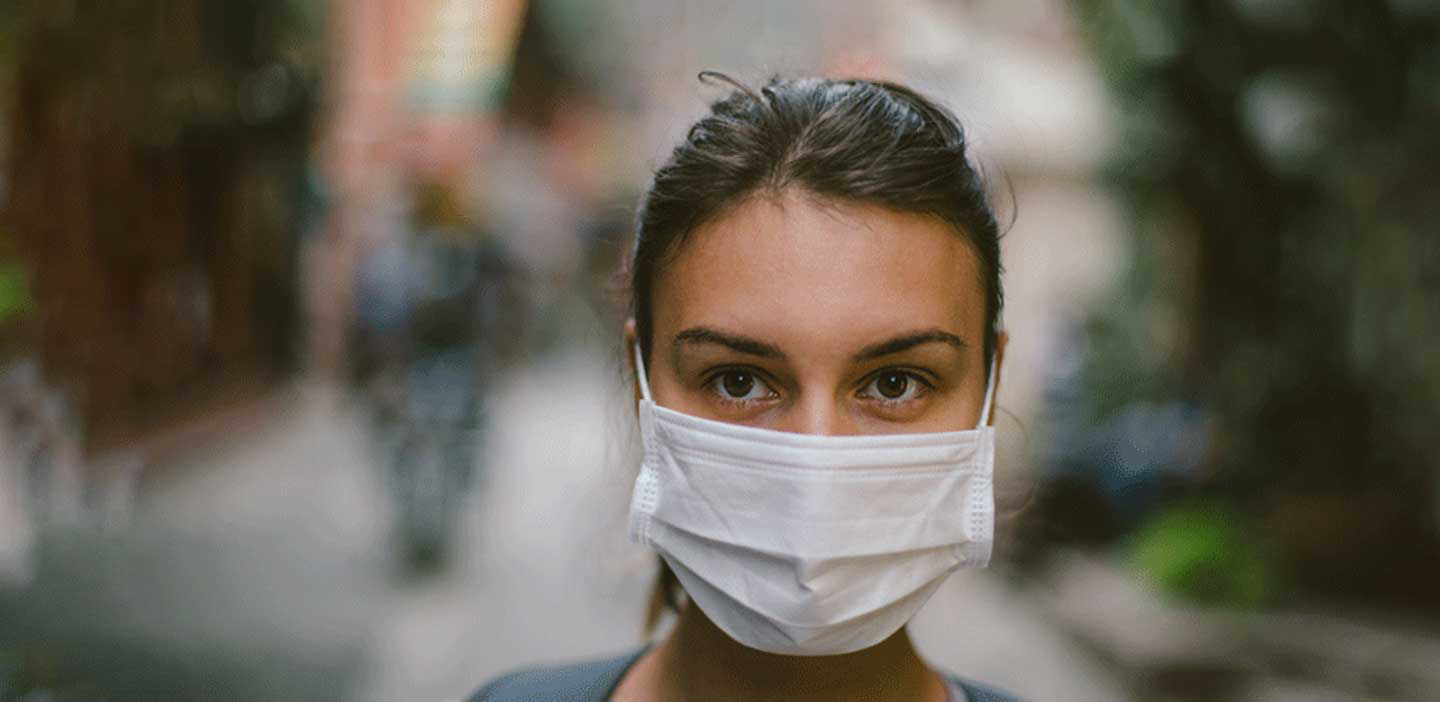But that preparedness didn’t happen overnight.
“We had been building our muscles over many years to fight this battle,” said Palani Kumaresan, who leads Research & Development for Roche Diagnostics Solutions. “We had the right people on our team with the right mindset and scientific expertise. And when the moment came, we rose to the occasion and were able to deliver testing innovations at a pace that was unprecedented.”
Our ability to get a SARS-CoV-2 test to market within six weeks started with the Roche Infectious Disease Emergency Response Preparedness Team, which continually assesses the landscape for emerging pathogens.
“One of the biggest concerns is when we see reported cases of a pathogen jumping from animals to humans, as we did here,” Palani added. “That's something you pay very close attention to.”
Science fueled by courage
Once the first coronavirus genome sequence came in, scientists went to work to develop an assay to accurately identify the pathogen quickly. For Roche, that meant that we had teams working across multiple time zones to achieve a common goal. Simultaneously, the company partnered closely with the U.S. Food and Drug Administration and other regulatory bodies to accelerate timelines.
“Today our multiple tests and technologies are used to better understand waves of the virus as it shifts and changes,” Palani said. Through growing partnerships with industry, academia, government agencies and other organizations, we are gaining knowledge around vaccine efficacy and when a booster would likely be needed. We are helping to understand the body’s immune response to SARS-CoV-2 and how a patient’s viral load can determine if they are contagious.
Miriam Fend, who globally oversees the portfolio of PCR testing systems for Roche Diagnostics Solutions, said the pandemic has brought an inspired sense of courage in developing tests for other life-threatening diseases as well.
“When we have a diagnostics offering in any disease that is truly a breakthrough and badly needed, we can be courageous and work with regulatory agencies to tell that story, to bring that solution to patients as quickly as possible,” she said.
Miriam said the pandemic has also emphasized the importance of companies like Roche in making sure laboratories have the technology they need to run at top efficiency. “In the case of COVID-19, labs are responsible for reporting back to health authorities the number of infections detected. Supporting labs with the right technologies to assist with these requirements in challenging environments benefits health systems and patients in a variety of disease states,” Miriam said.

